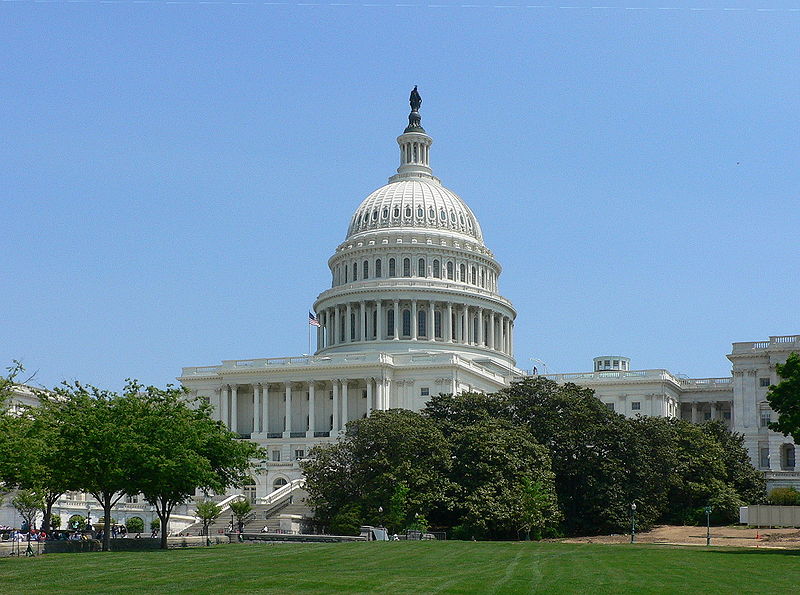
The Grand Transition: What’s different this time?
By Branko Terzic
The “Grand Transition” is term which has been applied to the global plan for decarbonization of energy resources. The world’s predominate sources of energy, enabling the industrial revolution: the so called “fossil fuels” of coal, oil, and natural gas, are to be replaced with non-carbon emitting and “sustainable” solar and wind energy sources. The essential difference between previous energy transitions (to animals, to wood, to coal, to oil) is that the previous transitions were driven by technology and economics.
The current “grand transition”, however, is driven by a political consensus that fossil fuel produced greenhouse gas emissions are threatening planetary scale destruction requiring abandonment of fossil fuels. In contrast, prior transitions were driven by market forces where tens of thousands of individual entities made decisions about the selection, timing, and cost of introducing new energy resources. This one is driven by public policy and key decisions will be made by governments. That means that this transition is occurring at a political pace, not a technological one, and the costs have been either unspecified, ignored, or worse yet - unknown.
Through the political tools of executive orders, legislation, regulation, and tax policy capital investments will be directed towards solar and wind resources without rational reconsideration of the only scalable carbon free energy resource - nuclear. It is my hope that major capital and technology choice decisions face regulatory scrutiny and approval rather than rely on direct application of specific legislation. The regulatory process requires findings of fact based on testimony and vetted exhibits and plans. This is not the case with legislation where language can be inserted at any time into a bill and barely discussed, if at all, during the legislative process.
These transition policies include the need not only for new solar and wind supply facilities but also for a million miles of high voltage transmission infrastructure to be built in support of the required utility scale solar and wind installations. This cost too, along with new generation costs for replacement of existing fossil fueled power plants and new carbon free power plants to electrify transportation and replace natural gas for space heating will add to future electric bills at rates heretofore unimagined.
If the consensus on transition policies is wrong it could result in the greatest misallocation of capital, natural resources, and human labor in history. Or not.
The Honorable Branko Terzic is a former Commissioner on the U.S. Federal Energy Regulatory Commission and State of Wisconsin Public Service Commission, in addition to energy industry experience was a US Army Reserve Foreign Area Officer ( FAO) for Eastern Europe (1979-1990). He hold a BS Engineering and honorary Doctor of Sciences in Engineering (h.c.) both from the University of Wisconsin- Milwaukee.
#BrankoTerzic #energy #regulations #experience #research #future #opportunity #strategy #management #people #electricity #power #utilities #renewables #RenewableEnergy #energysector #oilandgas #powergeneration #energyindustry #oilandgasindustry #sustainability #oil #solar #wind #solarpower #windenergy #solarpanel
